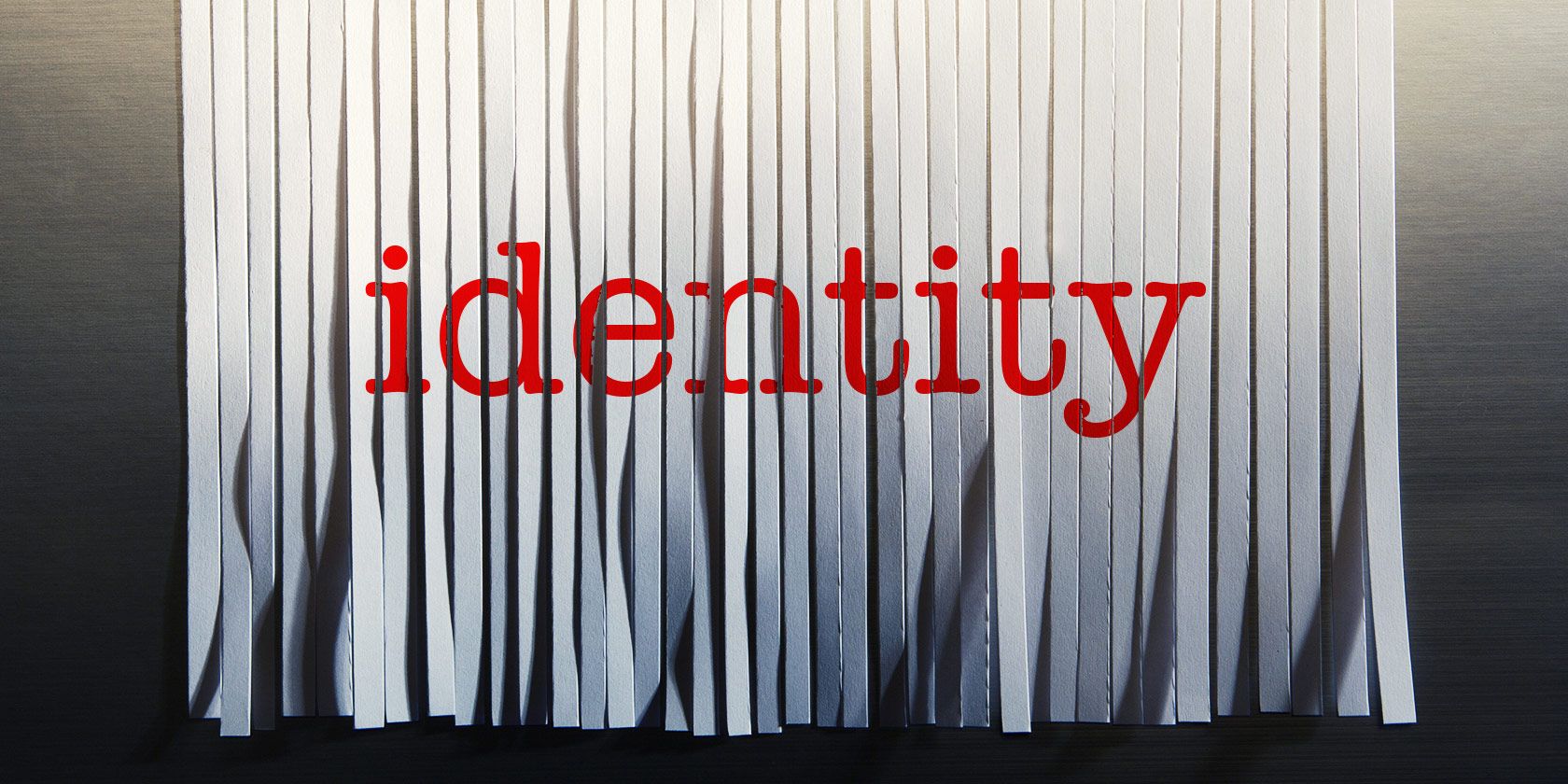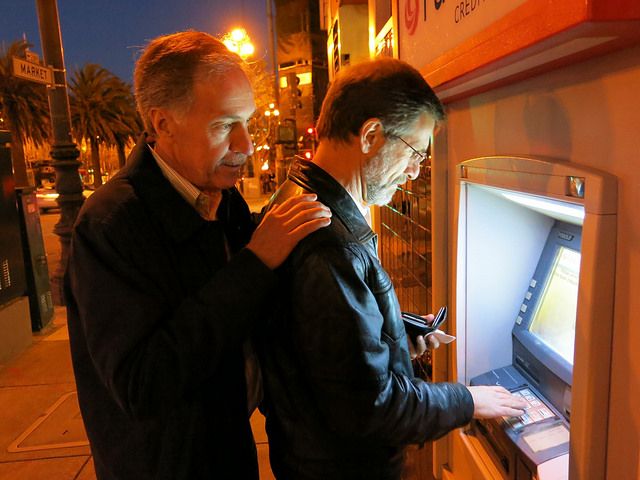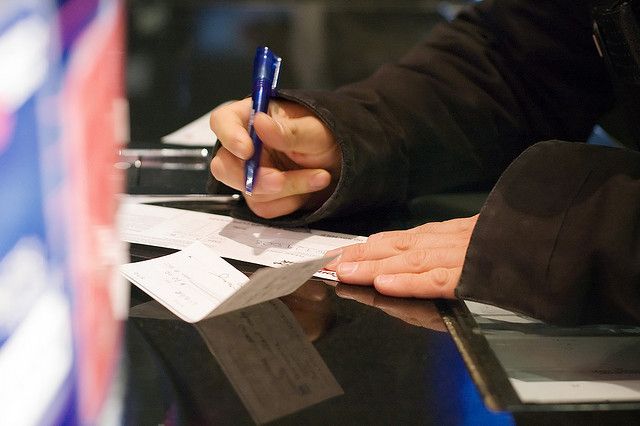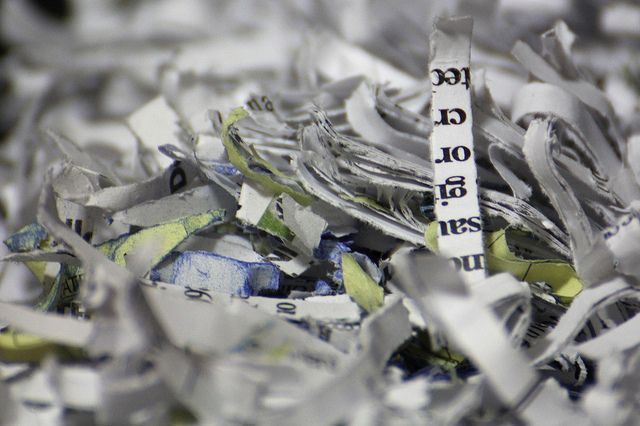Having your identity stolen is horrible. Even if you're not at any financial loss, knowing someone has information about you is a nasty feeling. Chances are, they'll cast you aside after they finish getting value from your details like you're nothing anymore. They can ruin you, and then forget all about you.
In fact, your personal information is worth very little on the Dark Web.
We all know that important documents need to be shredded, but many of us get lazy. We figure, 'oh, it doesn't really matter.' It's the old 'it'll never happen to me' mentality. Conversely, many think otherwise: let's shred everything. You can never be too safe, right?
So which documents do you really need to shred, and why?
ATM Receipts
Many of us like to keep track of what we're taking out of ATMs, so we request receipts showing the withdrawn amount. When your bank statement comes (and if you're organised enough to keep all your receipts in a safe place - or digitize them), it's fairly easy to compare the two so you know that your money is accounted for.
People are forgetful though, and you often see receipts still waiting in the ATM, newly-printed, yet forgotten. Worryingly enough, they're easy to come by. That's why banks don't print masses of private data on them.
Nonetheless, the United States Senate Federal Credit Union reported:
"Discarded ATM receipts are a primary means of identity theft and account fraud."
It can depend on your bank, but there are common traits. At least part of your debit card number is displayed, as well as your account number. Further details might seem unimportant, but scammers can also determine your location, the amount you typically withdraw, the branch you use, and times of day you're out and about.
They could be built up into quite an accurate picture of you and your spending habits which can make finding financial anomalies (ie. fraudulent activity) harder for both the bank and yourself.
Cancelled and Unused Checks
Unused checks seem the most notable concern if not disposed of correctly, but you should also worry about cancelled ones too.
Whichever category they fall into, you need to scrawl at least one line through the core spaces, and then shred them horizontally in order to destroy your account number. Ideally, use a cross-cut or even micro-cut shredder, both of which make it extremely difficult for fraudsters to piece items back together.
A lot of important data is on a check: your branch number (through a sort-code), account number, your name or at least the name credited to your account, and signature, if cancelled.
Paying-In Slips
You should really keep stubs and similar records of what you deposit into your bank, but everyone messes up sometimes. You've probably made a mistake – put the wrong date or filled out an amount in the wrong column – and gone to rip it off and throw it away.
But by their very nature, these contain the same vital information as a check, so make sure you're not carelessly discarding any vouchers.
Medical Records (including Bills)
You likely won't get masses of medical paperwork come through, but if you do and it's not something you want to keep, you definitely need to shred it. Medical information is increasingly of interest to scammers; last year, Reuters warned that your medical information is worth 10 times more than even your credit card number.
It's usually obtained by hackers, preying on the security systems of healthcare professionals whose riches of confidential patient data is quite a bounty. But that doesn't mean you're not specifically a target too. Why? It's a very simple way of getting Personally Identifiable Information (PII) which at least includes your name, date-of-birth, address, and contact details. Thanks to Facebook, a lot of these titbits can be found online already, but that doesn't make it worthless.
Certainly shred anything with your patient and hospital numbers on to reduce the risk of a scammer getting access to your medical history.
Boarding Passes
You've had a nice vacation, and you come home relaxed and tanned. But uh-oh: unpacking. You've a serious amount of junk to sort through. After you've steamed through souvenirs, tidied away the washing, and got rid of inexplicable pile of sand that travelled on the plane with you, you come to all the documents regarding insurance policies, hotel information, and your boarding pass.
You might want to keep it as a momento. You might not.
But before you dump that boarding pass in the bin, you should know the data it contains about you.
This isn't just scare-mongering: your boarding pass contains a lot of information, especially if you're a frequent flyer. The barcode can be decrypted with simple tools, and contains very basic details about you, including PII but also further travel plans.
Any members of travel alliance reward clubs reading? You need to be most concerned, as this data is often included in the barcode or QR code too. That means that a thief could chart your way around the world, cancel future plans, and makes it easier to gain full access to your account using your PIN.
Your Old Passport
"If you look like your passport photo, you're too ill to travel." That's the old joke. A questionable picture isn't the only reason you should shred your old passport (again, unless you plan on keeping it safe to reawaken old memories).
Oh, but what harm could an expired passport do?
It still contains a wealth of data about you, including all that juicy PII which form the very basics of identity theft. Fortunately, many have chips with increased security, but your passport still has both your signature and that dreaded photo. These may not seem that important (selfies are a plague regardless, and few actually know your handwriting, right?), but you'd be wrong in thinking so.
Identity theft really is the big concern here because a scammer could open up accounts in your name internationally and that could mean some very tricky questions for you after a while.
What Else Should You Shred?
Shred them, burn them, obliterate them. We've just touched upon a small number of documents you need to shred.
Expired credit and debit cards should obviously be thoroughly destroyed, alongside any bills you no longer need to keep.
What other bits have I missed? What else do you get rid of? Tell me in the comments.
Image Credits: Shredding money by KPG Ivary via Shutterstock, men at night: ATM by torbakhopper; Check writing by David Goehring; Paper Shredder by Sh4rp_i; and passport and boarding pass by mroach.





